Welcome To MovieAnimeX ! Cinema isn’t just entertainment — it’s history, innovation, and emotion captured on screen. Every once in a while, a movie comes along that doesn’t just impress audiences but completely changes the way films are made, experienced, or remembered.
These are the movies that made filmmakers rethink their craft, that redefined genres, and that left audiences speechless as they witnessed something never seen before.
In this blog, we’ll count down the Top 10 Movies That Changed Cinema Forever, ranked from bottom to top — with #1 being the most influential film of all time.
Table of Contents
10. Avatar (2009) – James Cameron
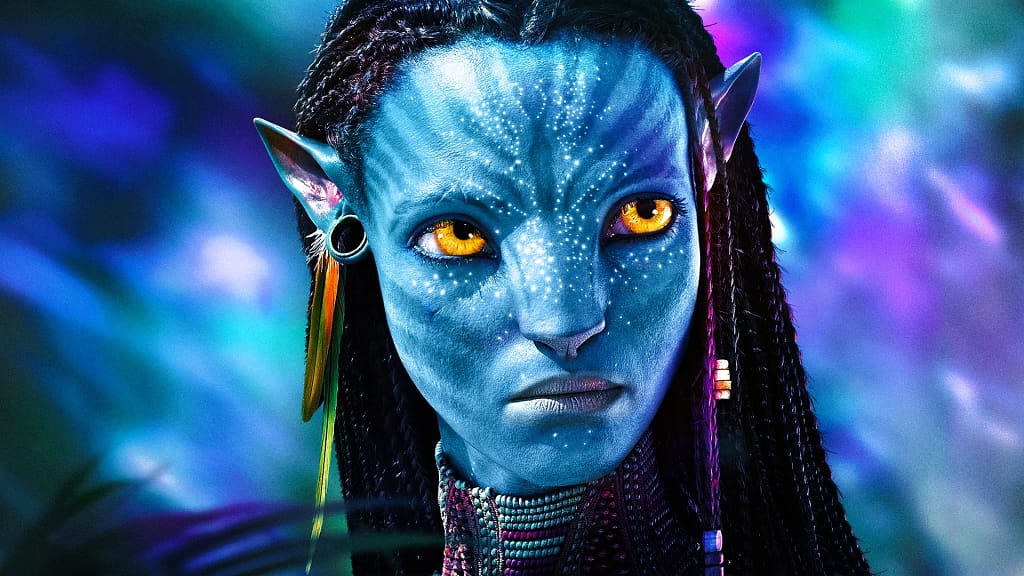
When Avatar hit theaters in 2009, it wasn’t just a movie — it was an event. Audiences across the globe lined up to put on 3D glasses and step into the world of Pandora. James Cameron combined breathtaking motion capture, groundbreaking CGI, and immersive 3D technology in a way that felt years ahead of its time.
🌍 People didn’t just watch Avatar; they experienced it. For many, it was the first time cinema felt like stepping into another universe.
🎬 Impact:
- Brought 3D technology to the mainstream.
- Proved motion capture could convey raw human emotion.
- Sparked an era of immersive, big-budget digital filmmaking.
Avatar showed that audiences craved not just stories, but worlds — a lesson modern blockbusters continue to follow.
9. Pulp Fiction (1994) – Quentin Tarantino

In the mid-90s, cinema was shaken up by Quentin Tarantino’s Pulp Fiction. With its nonlinear structure, razor-sharp dialogue, and unapologetically cool style, the film broke every Hollywood storytelling rule — and audiences loved it.
💬 Who could forget Samuel L. Jackson’s monologues, Uma Thurman’s iconic dance, or John Travolta’s career revival? More importantly, it inspired a generation of filmmakers to believe that independent cinema could rival Hollywood.
🎬 Impact:
- Brought indie films to the mainstream.
- Popularized nonlinear storytelling in modern cinema.
- Redefined how dialogue could carry an entire movie.
Pulp Fiction wasn’t just a film — it was a cultural reset.
8. The Matrix (1999) – The Wachowskis
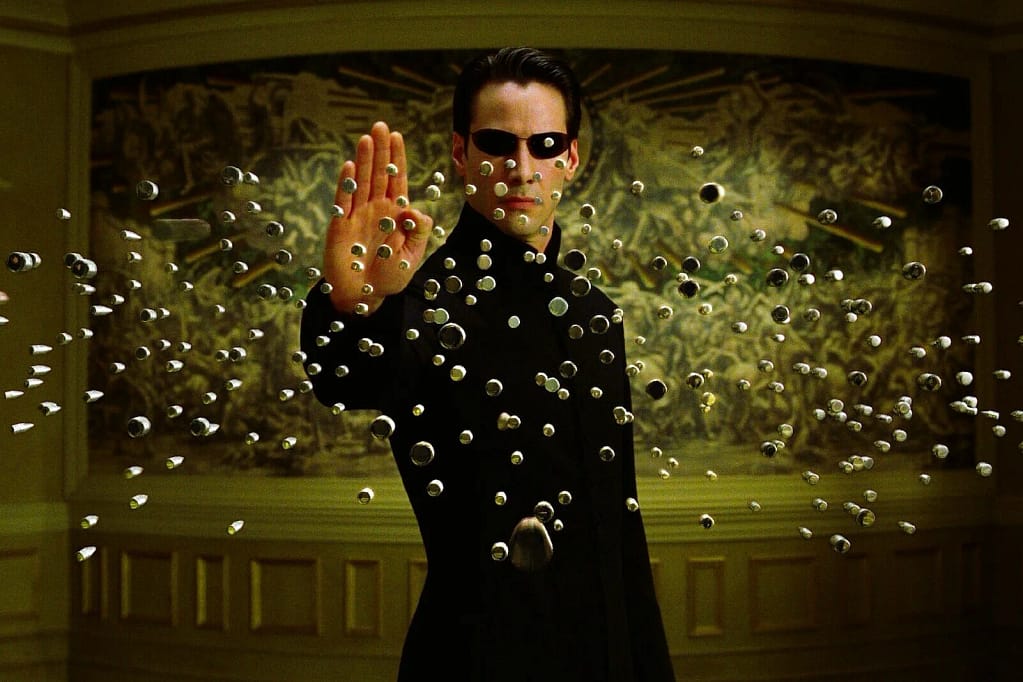
Before The Matrix, action films were entertaining. After The Matrix, they were revolutionary. With its slow-motion “bullet time,” cyberpunk philosophy, and martial arts choreography, it felt like cinema itself had been hacked.
Audiences walked out of theaters questioning reality, technology, and even their own existence. It was more than just a sci-fi movie — it was an experience that blended philosophy and spectacle in a way Hollywood had never dared before.
🎬 Impact:
- Introduced “bullet time” and VFX innovations still used today.
- Inspired countless films, games, and anime-style storytelling.
- Showed sci-fi could be both intellectually deep and commercially successful.
Neo wasn’t just “The One” — The Matrix was the one that changed everything.
7. Jaws (1975) – Steven Spielberg
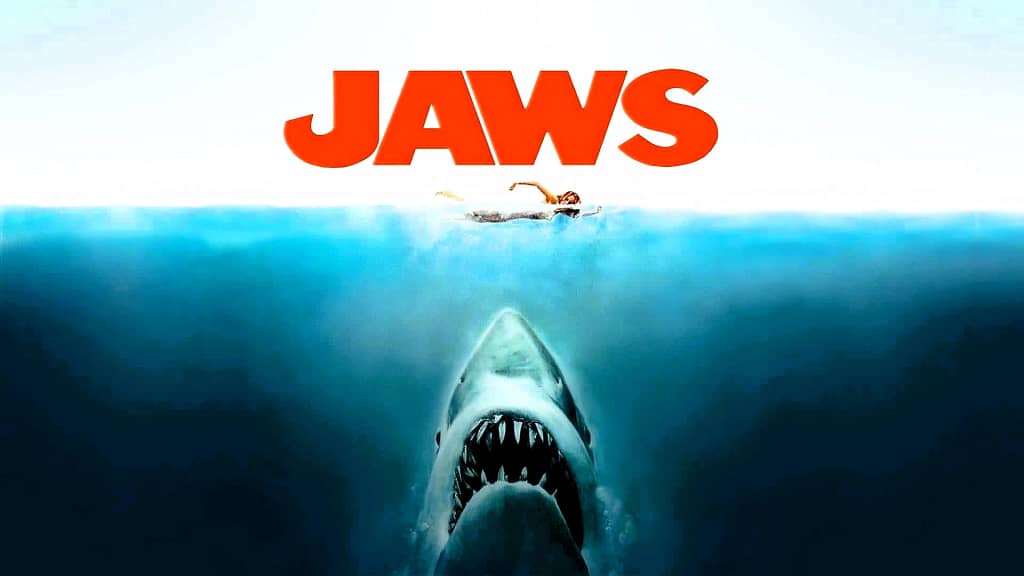
“You’re gonna need a bigger boat.” With those words, Spielberg didn’t just unleash a shark — he unleashed the modern blockbuster.
Before Jaws, summer was considered a quiet time for cinema. After Jaws, it became the season of spectacle. The film’s wide release, aggressive marketing, and suspense-driven storytelling made audiences line up around the block — a phenomenon Hollywood quickly turned into a formula.
🎬 Impact:
- Invented the modern summer blockbuster.
- Proved marketing could be as important as the movie itself.
- Changed studio release strategies forever.
Every Marvel and DC film that dominates summer box office owes its DNA to Jaws.
6. Psycho (1960) – Alfred Hitchcock

Imagine watching a movie where the star actress dies halfway through. In 1960, that was unthinkable — until Hitchcock’s Psycho.
With its shocking shower scene, eerie score, and psychological twists, Psycho shattered censorship rules and forced audiences to confront darker, more uncomfortable themes. It wasn’t just horror; it was cinema daring to do the unthinkable.
🎬 Impact:
- Revolutionized horror and thrillers.
- Broke Hollywood censorship taboos.
- Proved audiences could handle shocking, risky storytelling.
Even today, horror films live in the shadow of Psycho’s knife.
5. The Godfather (1972) – Francis Ford Coppola
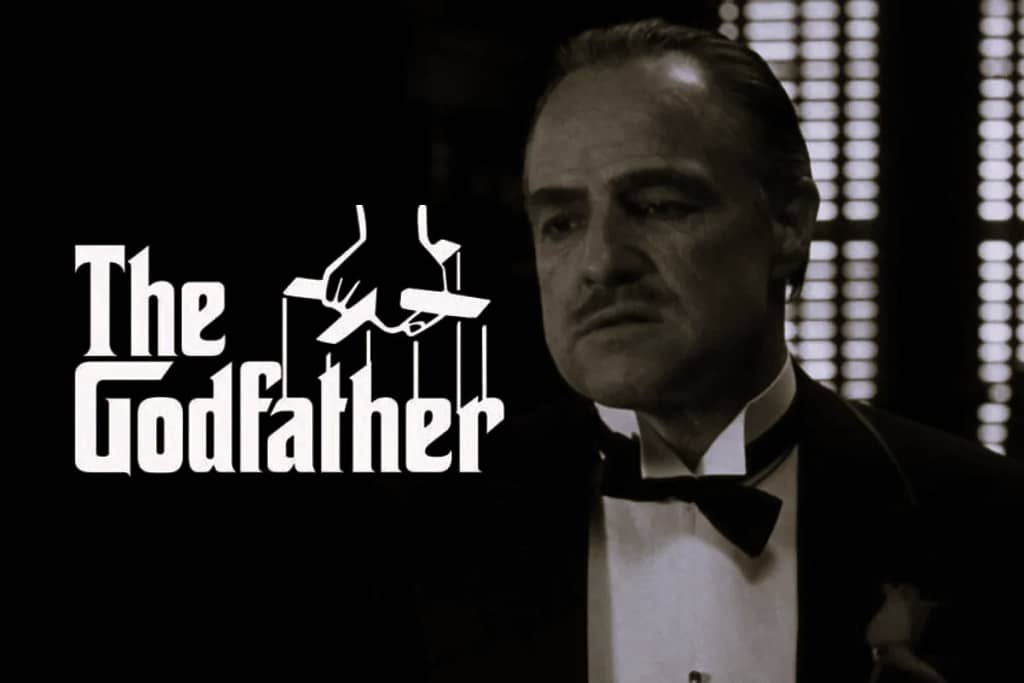
“I’m gonna make him an offer he can’t refuse.” With those words, Coppola changed cinema forever.
The Godfather turned the gangster genre into something operatic, emotional, and deeply human. It wasn’t just about crime — it was about family, legacy, and power. The film’s influence can be seen everywhere, from modern crime dramas to video games.
🎬 Impact:
- Elevated the gangster genre into art.
- Influenced generations of filmmakers in style and storytelling.
- Cemented cinema as a medium for character-driven drama.
Marlon Brando’s Don Corleone didn’t just dominate the screen — he defined it.
4. Star Wars: A New Hope (1977) – George Lucas
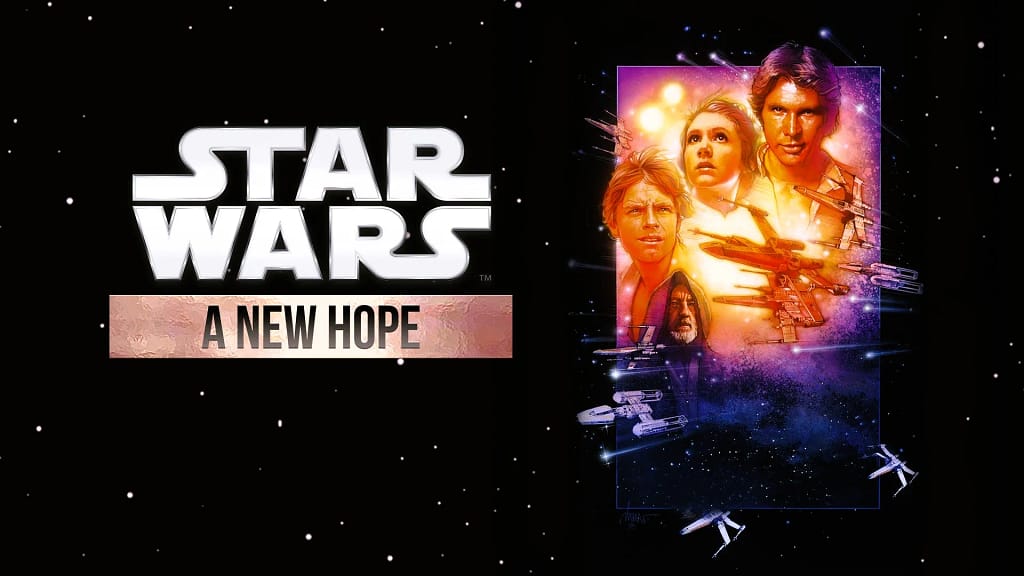
When audiences saw the opening crawl of Star Wars for the first time, they knew cinema had changed forever.
From practical models to revolutionary sound design, Star Wars proved sci-fi could be both epic and personal. Beyond the screen, it created a merchandising empire and showed Hollywood the true power of franchises.
🎬 Impact:
- Reinvented science fiction for mainstream audiences.
- Created the blockbuster/franchise model still used today.
- Turned movies into a cultural phenomenon, not just entertainment.
The Force wasn’t just with Luke Skywalker — it was with cinema itself.
3. 2001: A Space Odyssey (1968) – Stanley Kubrick
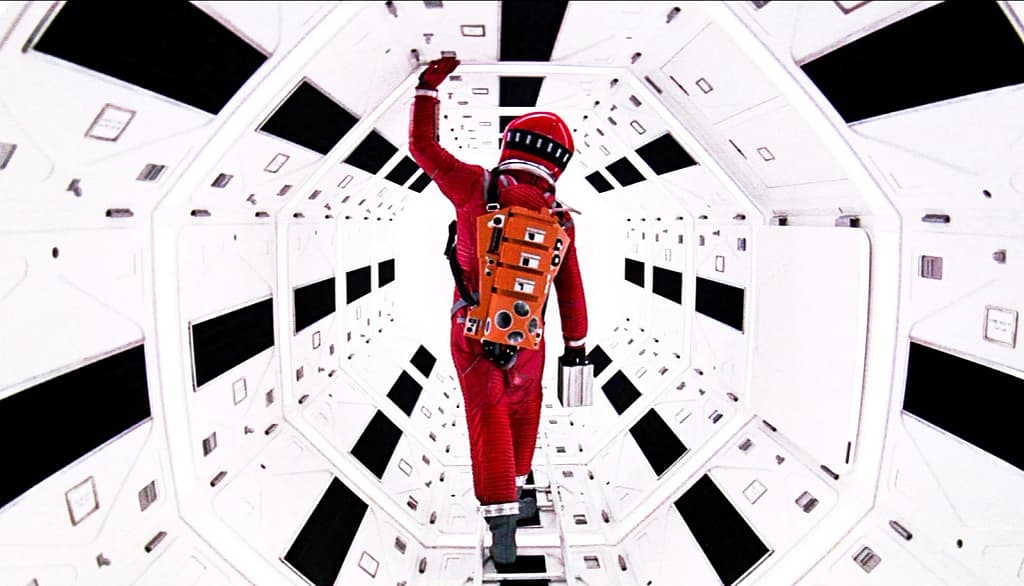
Before Kubrick’s masterpiece, sci-fi was often pulpy adventure. After it, it was profound.
With its stunning visuals, practical effects, and haunting score, 2001 asked audiences to look to the stars and question humanity’s place in the universe. It wasn’t just entertainment — it was cinema as philosophy.
🎬 Impact:
- Proved science fiction could be artistic and intellectual.
- Introduced groundbreaking practical effects.
- Inspired every serious sci-fi film that followed.
It’s not just a film — it’s a voyage into infinity.
2. The Birth of a Nation (1915) – D.W. Griffith
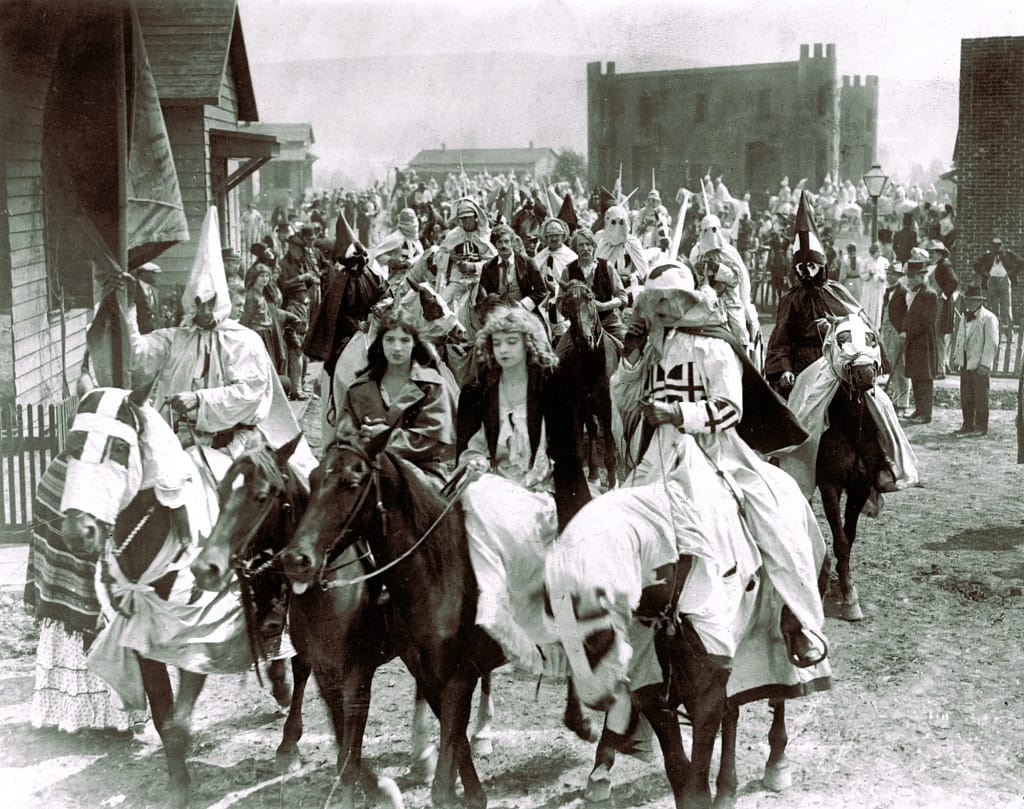
This film is a paradox: historically groundbreaking, yet morally reprehensible. Technically, it introduced cross-cutting, large-scale battle scenes, and feature-length storytelling. Socially, it propagated racism and glorified the Ku Klux Klan.
🎬 Impact:
- Established cinematic grammar for large-scale narratives.
- Proved movies could influence society — for better or worse.
- Sparked both admiration and outrage, showing cinema’s power.
Its legacy is complicated, but its role in shaping the medium is undeniable.
1. Citizen Kane (1941) – Orson Welles
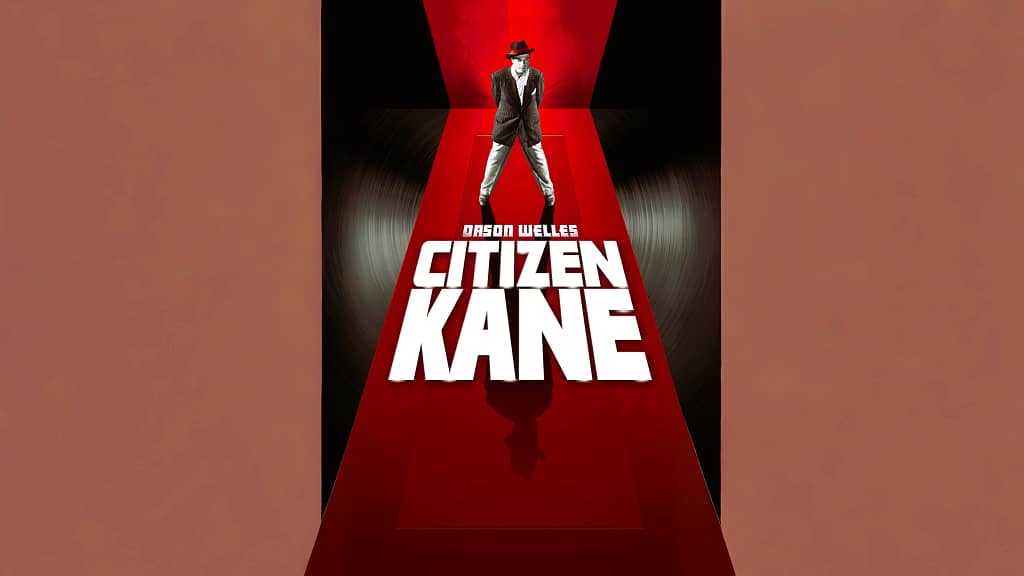
At #1 sits the film that redefined cinema: Citizen Kane.
With its nonlinear structure, deep-focus cinematography, and bold storytelling choices, it wasn’t just ahead of its time — it still feels modern today. For decades, it’s been studied in film schools as the “blueprint of cinema.”
🎬 Impact:
- Pioneered techniques still used in filmmaking today.
- Elevated cinema into an art form equal to literature and theater.
- Inspired generations of directors, from Scorsese to Spielberg.
Simply put: without Citizen Kane, modern cinema as we know it wouldn’t exist.
🎥 Final Thoughts
These films weren’t just successful — they changed cinema forever. They remind us that movies are more than stories on a screen; they are milestones in human creativity.
From Citizen Kane’s groundbreaking artistry to Avatar’s digital revolution, each film in this list represents a moment when cinema broke free from its own limits.